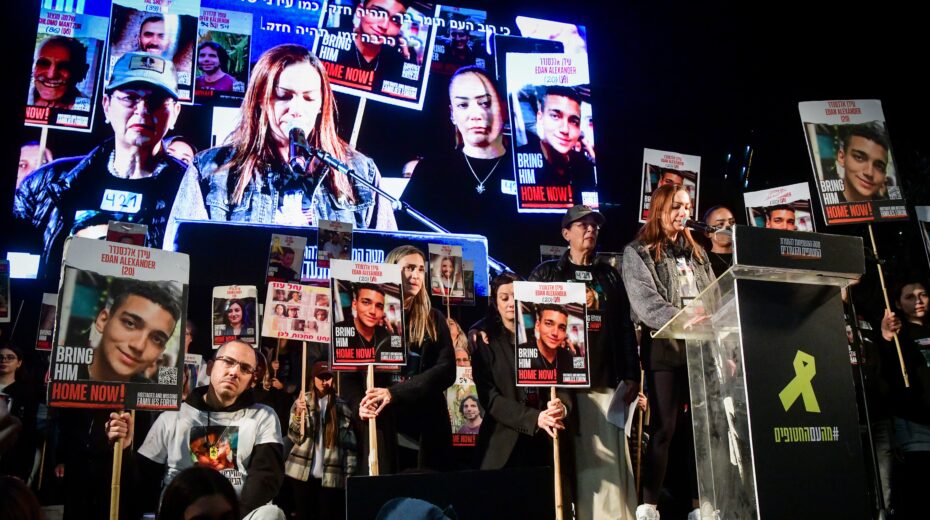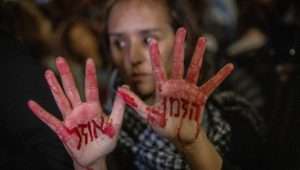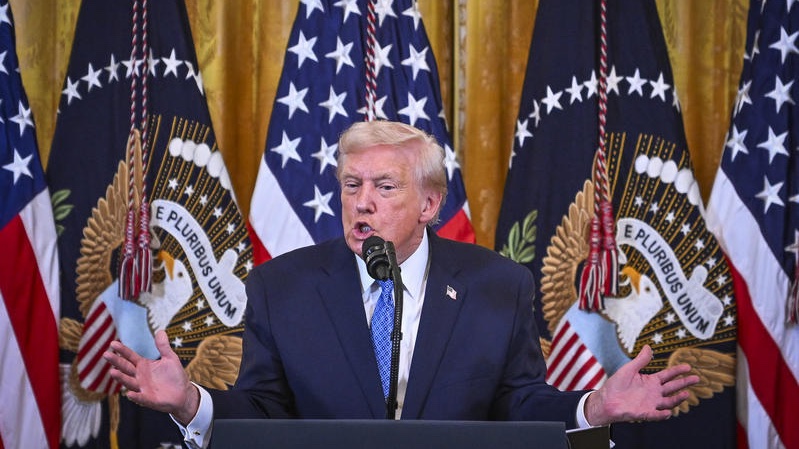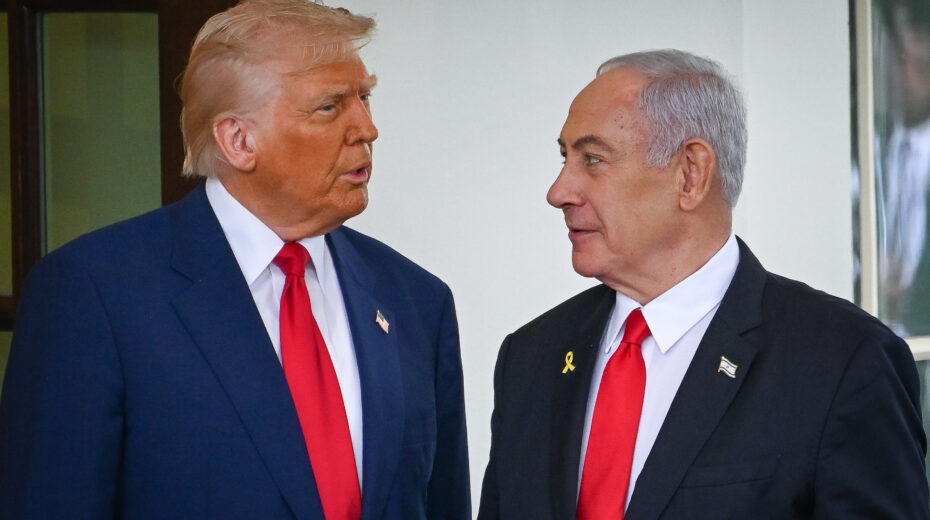There are four factors that give cautious optimism that, after 422 days, a hostage agreement with Hamas could be reached very soon:
- The precedent of the ceasefire in Lebanon, which also impacts Gaza. The ceasefire in Lebanon puts pressure on Hamas and could push them toward a deal, as they fear being left isolated. Hamas is concerned that the Israeli army, after withdrawing from Lebanon, might strengthen its forces in Gaza.
- Intelligence indicating movement within Hamas toward a ceasefire agreement and hostage release.
- Support from US President-elect Donald Trump for Biden’s initiative and the general exhaustion of all parties. Donald Trump has communicated to Prime Minister Benjamin Netanyahu that he wants Israel to end the war in Gaza before his inauguration on January 20. Trump is also interested in a hostage agreement. For him, it is crucial that the war in Gaza ends as soon as possible so he can start his term with a “clean slate” and advance his plans to expand the Abraham Accords and normalize relations between Israel, Saudi Arabia, and other Muslim and Arab states. Trump fears being blamed for a failed resolution if the hostage crisis remains unresolved.
- Negotiations led by the US, supported by Qatar and Egypt. Despite statements from Qatar about freezing its participation, it remains a central player. The proposal under discussion includes a 60-day ceasefire with a limited Israeli presence in the Philadelphi Corridor. An insider familiar with the details said the problem is not with Hamas but with Jerusalem.
A senior Israeli official stated that if Hamas agrees to the symbolic expulsion of its leaders from Gaza, an agreement that includes ending the war could be possible. The issue lies in the perception: Netanyahu cannot afford to allow images of Hamas returning to power. Another Israeli insider suggested that a suitable formulation could eventually be found to conclude the war. However, it is understood that Hamas will not compromise without guarantees of an end to the war after the first humanitarian phase.
Regarding the chances of an agreement, the official said: “This is a dynamic time. There is potential to expand the options. We are analyzing the situation and acting accordingly.”
Netanyahu has convened a meeting with ministers and negotiaters for tonight to discuss the hostage deal. While movement appears to be happening behind the scenes, it is too early to say if an agreement will be reached.
Statements from President Isaac Herzog
President Isaac Herzog expressed optimism during a meeting with Yael Alexander, the mother of hostage Edan Alexander, whose video was released by Hamas. Herzog discussed the plight of Edan, who has been held in Gaza for 422 days, and 100 other hostages. He emphasized the urgent need to bring them home as quickly as possible.
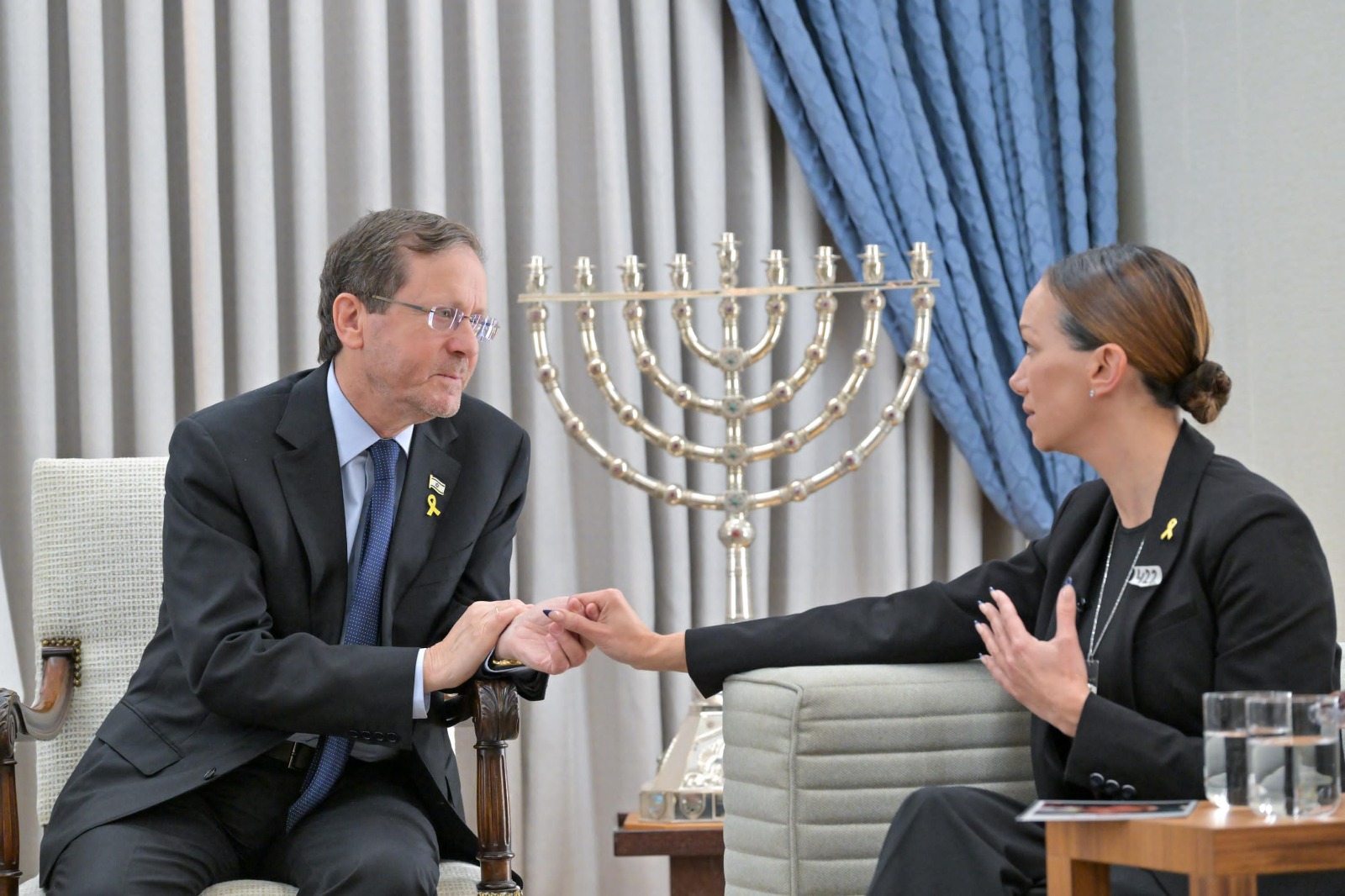
“I repeat my call: Now, after Lebanon, it is time to reach an agreement and bring the hostages home. We are negotiating with a bitter and cruel enemy that wanted to discourage us. But on the contrary—this video has given us great strength. My message to the world, the Israeli leadership, and all mediators is: Now is the time. We want Edan home. We want everyone home as soon as possible. We say this every day—now is the time,” stressed the president.
“The video is a painful and horrifying sign of life. When I saw it, I wept, but it also filled me with hope. Negotiations are ongoing behind the scenes, and it is possible. Now is the opportunity to bring about a significant change that will lead to a hostage agreement,” he added.
Testimony from hostage families and medical professionals
Yael Alexander stated after seeing the video of her son: “I had a sleepless night. Edan—his voice and the video playing nonstop. In the video, you can see that Edan is going through hell; his eyes scream with pain and sadness. But it has given me great strength. Edan gave us strength with his appeal. We released this video so everyone could see—Edan is alive, and many other hostages are alive too. It’s time to act and free them.”
Meanwhile, Israel continues to monitor developments in Syria closely. Officials have reiterated their commitment to safeguarding vital interests and preserving gains from the war. “In this context, we are strictly enforcing the ceasefire, and any violation will be met with a decisive response from the Israeli army. This has been and will remain the case. We will continue to ensure Israel’s security,” an official statement read.
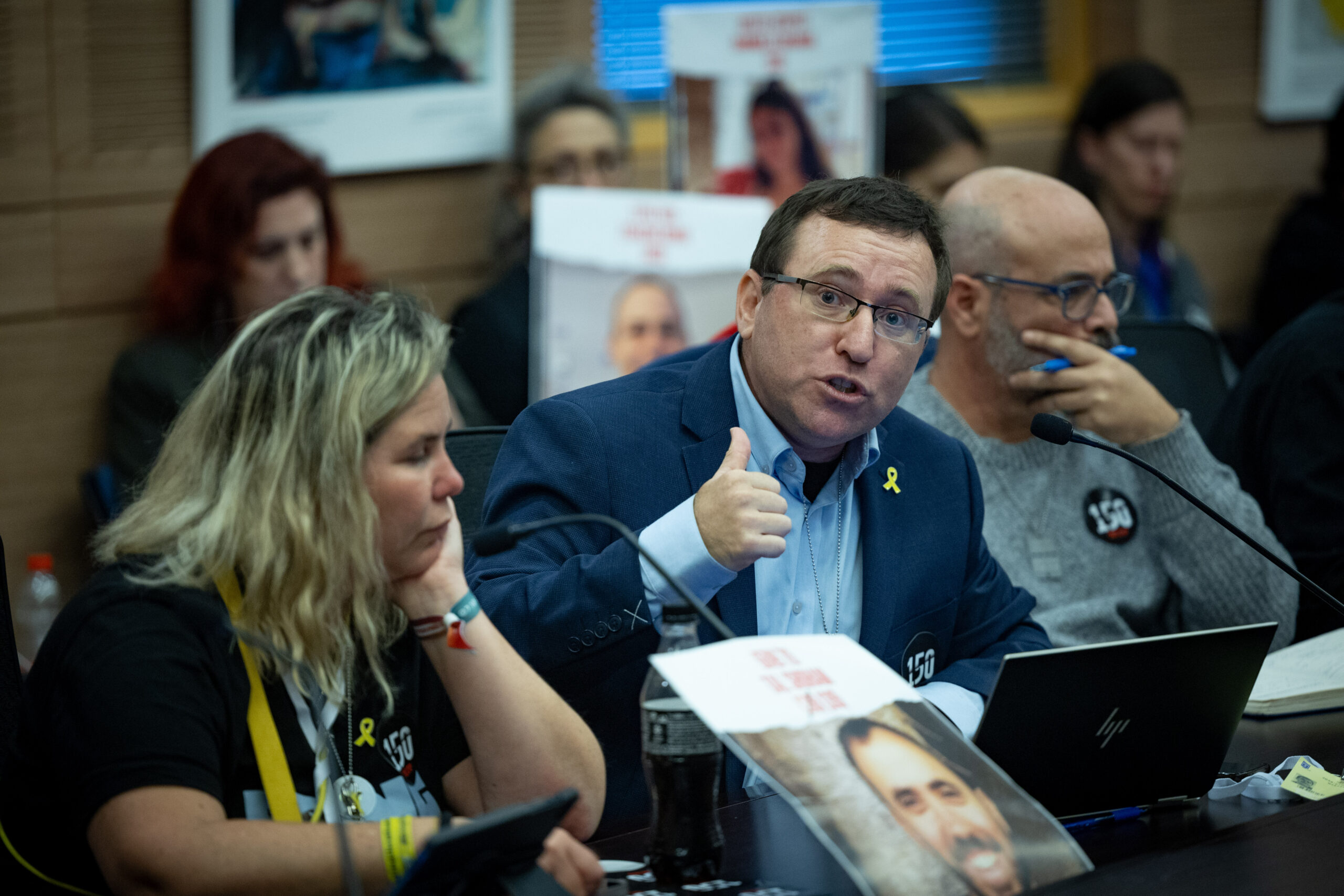
The condition of the hostages continues to deteriorate. Representatives from “Doctors for the Rescue of Hostages” and Dr. Haggai Levin, head of the Health Network at the Hostage Families Headquarters, presented President Herzog with a position paper signed by over 700 doctors. The paper calls for the immediate rescue of the hostages through an agreement, emphasizing the critical health conditions of the hostages that require urgent intervention.
The paper states: “The most urgent patients in Israel are the hostages in Gaza. This is a matter of life and death. Out of our professional and human responsibility, we demand their rescue.”
Dr. Levin highlighted severe malnutrition among the hostages, with reports of up to 50% body weight loss, muscle and fat depletion, and weakened immune systems, leaving them vulnerable to infections, frostbite, and life-threatening arrhythmias due to a lack of essential vitamins and minerals. Without immediate intervention, most hostages will not survive another winter in captivity.
Conclusion and leadership warnings
Retired Major General Nitzan Alon, head of the negotiation team, warned political leaders that some hostages are critically malnourished and face dire health risks. He added that the hostages’ condition has worsened due to limited access to supplies in Gaza.
The security establishment believes the number of surviving hostages has declined in recent months. However, they see a potential breakthrough in negotiations and recommend using this opportunity to reach an agreement for the hostages’ return and a provisional end to the Gaza war.


